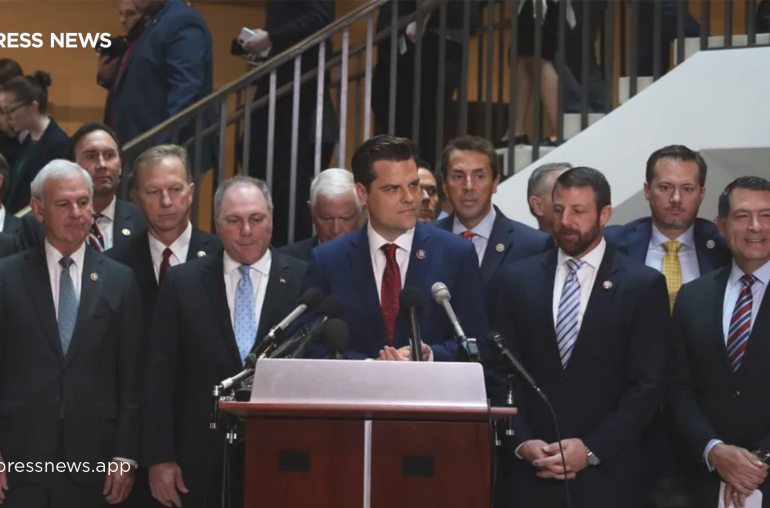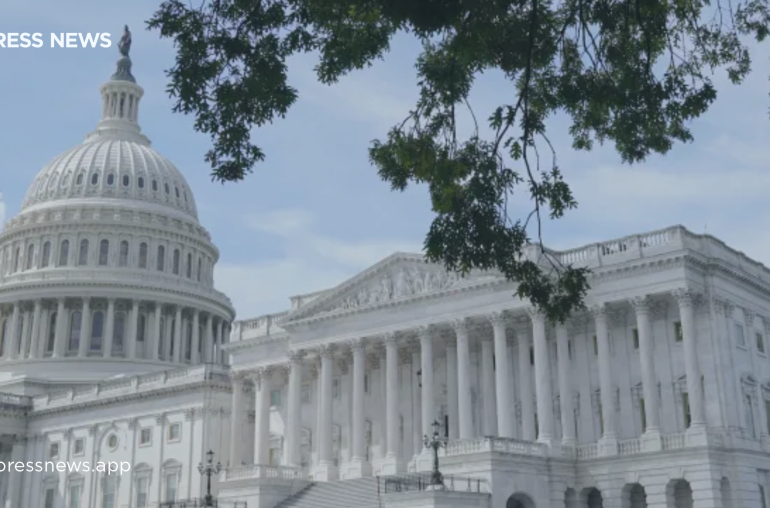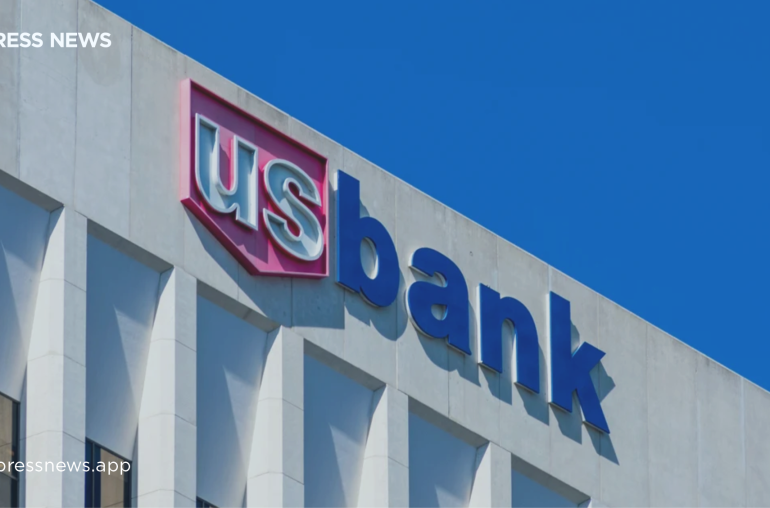The United States Securities and Exchange Commission (SEC) has unexpectedly dropped several of its most high-profile cryptocurrency cases. Lawsuits against large exchanges like Kraken and Coinbase have been dismissed. This is as part of a broader policy shift in the U.S. with Donald Trump returning to the White House and the appointment of a more crypto-friendly SEC Chair, Paul Atkins.
For years, the SEC aggressively pursued lawsuits against leading cryptocurrency firms, alleging that they were offering unregistered securities and operating illegally. The lawsuits were seen as a bid to bring the rapidly evolving crypto industry under financial regulations. But the sudden drop of these lawsuits suggests a favourable change for the industry.
Which lawsuits have been dropped?
The SEC’s decision to back down on litigation against these big players in the crypto space:
- Kraken: The SEC dismissed its case against Kraken, which was accused of being an unregistered securities exchange. The case was dismissed with prejudice, and it cannot be reopened.
- Coinbase: Accused of operating as an unregistered securities exchange, broker, and clearing agency. Coinbase claimed, SEC was regulating based on enforcement without providing clear cut regulations.
- Uniswap: In February 2025, on X, Unisawp announced that the agency was dropping the case against them. They called it a “huge win for DeFi.”
- Robinhood: The case against Robinhood has also been quietly dissolved with the agency saying that it “concluded its investigation and did not intend to move forward with an enforcement action.”
Why is the SEC Dropping these Lawsuits?
- Political Influence: The presidential change has been behind the shift in the SEC’s strategy. With Trump as president and Paul Atkins leading the SEC, there is more focus on encouraging innovation rather than aggressive enforcement. The administration has stated that it would rather set down clear rules rather than take companies that are operating in a gray area to court.
- Industry Pressure: Crypto firms have increased lobbying to force more transparent regulations instead of the threat of litigation. Most argue that enforcement without definite rules only creates uncertainty both for investors and companies. This hinders investment and growth in the industry. The crypto sector has been requesting a system that provides clear compliance channels and not case-by-case enforcement action for a long time.
- Market Strategy: The government’s action to declare a U.S.-backed digital asset reserve shows a move towards integrating crypto into the economy rather than confining it. By reducing legal conflicts and focusing on strategic partnerships, the government appears to be acknowledging the role of digital assets in the future financial system.
How is the market reacting?
The crypto market initially reacted positively with Bitcoin surging 20% following Trump’s endorsement of a national bitcoin reserve. However, the euphoria was short-lived as prices fell by nearly 9% in the following days, revealing ongoing uncertainty. Although some investors take the SEC’s reversal as a positive move, others are concerned that reduced regulation will open investors up to greater risks, including market manipulation and fraud.
What does this mean for the future of crypto regulation?
After its abandonment of its biggest crypto lawsuit SEC’s new approach says clear crypto regulation is the road to cooperation, not litigation under the guise of regulation. Rather than aggressive enforcement, the government will set clear compliance rules to balance innovation and investor protection. But since less regulation raises concerns about fraud and market integrity, the wild history of the crypto space leaves regulators with a duty to safeguard security at all costs.
The U.S’s. national bitcoin reserve will likely set the tone for global crypto regulation, with other economies likely to follow suit. Institutional investors like BlackRock are also forcing regulators to develop clear policies to encourage mainstream adoption. The long-term impact will be contingent on whether the government gets its new policies correct. If it does, crypto can integrate into the financial system in a smooth way. If not, regulatory uncertainty could create more chaos.







